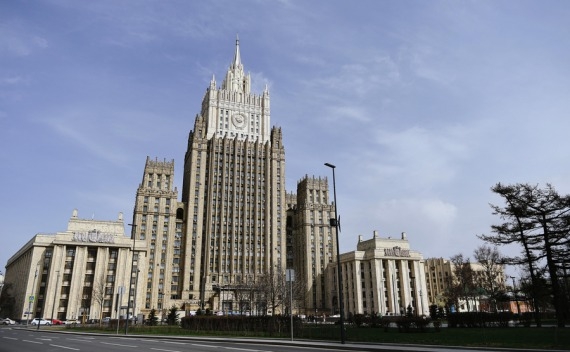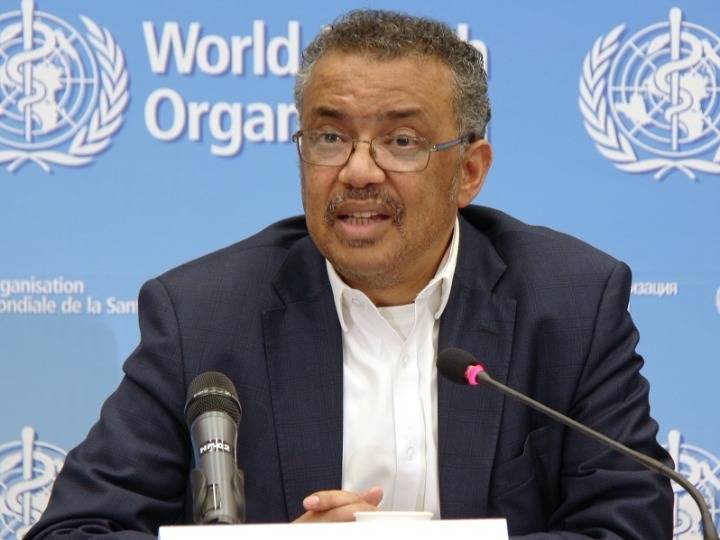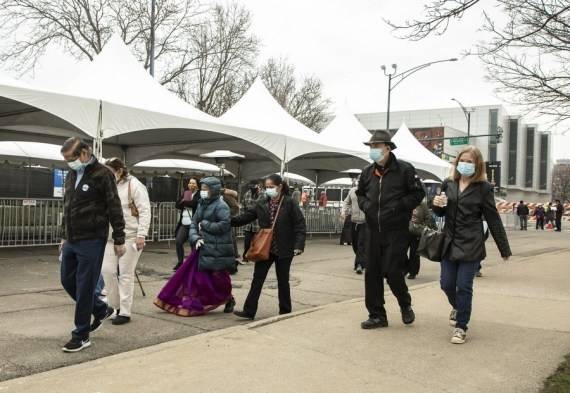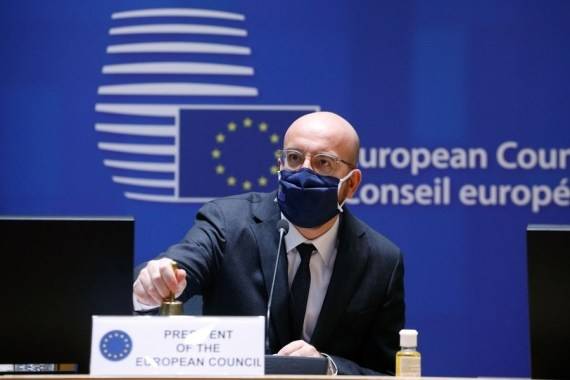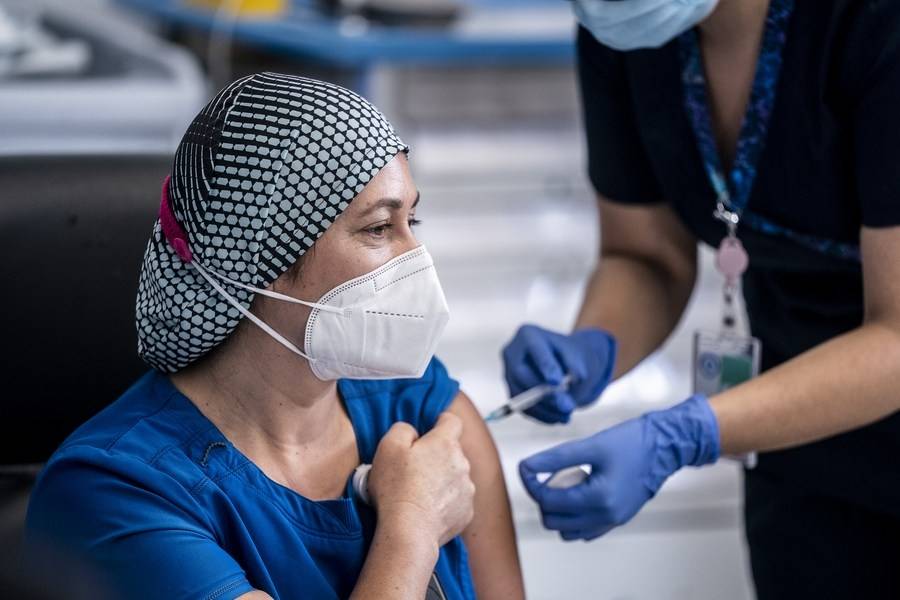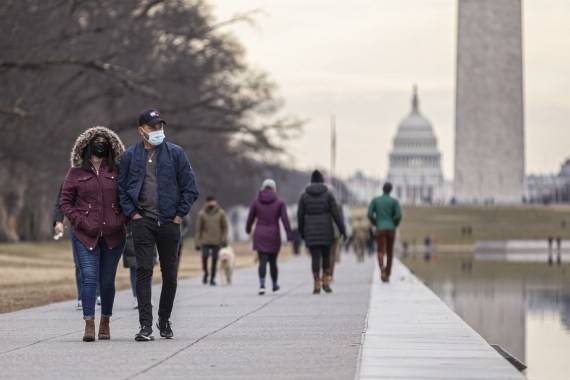Russia does not currently see the possibility of concluding arms control agreements with NATO countries, it added…reports Asian Lite News
Russia has formally withdrawn from the Treaty on Conventional Armed Forces in Europe (CFE) at midnight on Tuesday, the Foreign Ministry in Moscow announced.
“As of 00:00 hours on November 7, 2023, the CFE withdrawal procedure for Russia, which was suspended by our country in 2007, has been completed. Thus, the international legal document has finally gone into history for us,” Xinhua news agency quoted the Ministry as saying.
Russia does not currently see the possibility of concluding arms control agreements with NATO countries, it added.
“Authorities of NATO member states and the bloc’s clients clearly demonstrated their inability to negotiate. As of today, any arms control agreements with them are impossible.”
Two other agreements related to the CFE had ceased to be valid for Russia — the Budapest Memorandum of November 3, 1990, which set the maximum levels of conventional weapons and equipment for the six Warsaw Pact countries; and the Flank Agreement of May 31, 1996, which modified the original treaty.
The CFE, originally signed in 1990 by the then NATO members and the then six Warsaw Treaty states, came into force in 1992.
The pact was aimed at establishing a balance between the two military alliances by setting limits on the quantities of weapons and military equipment that all parties were allowed to amass.
In 2007, Russia to declared a moratorium on the implementation of the agreement in 2007.
On March 11, 2015, the country suspended its participation in meetings of the Joint Consultative Group on CFE Treaty, thus completing the process of suspending its membership in the treaty, but it continued to be a partyfrom a legal perspective.
Since then, Russia’s interests in the Joint Consultative Group have been represented by Belarus.
On May 29, President Vladimir Putin signed a law on the denunciation of the CFE, which came into force on June 9.
ALSO READ-Top Arab Diplomats, Blinken to Meet in Amman to Discuss Gaza

